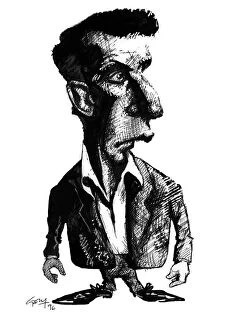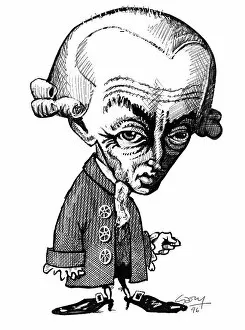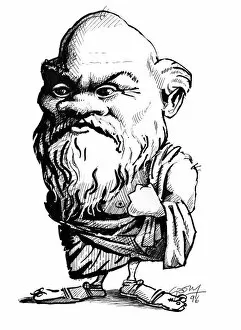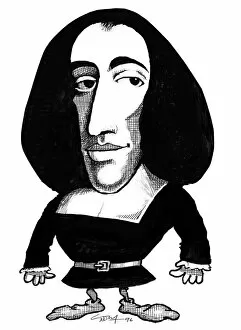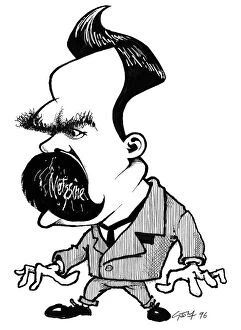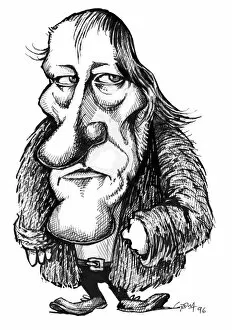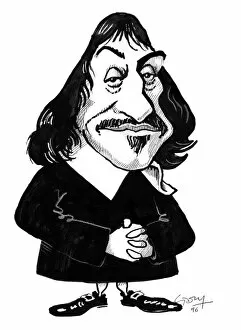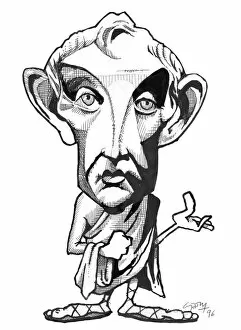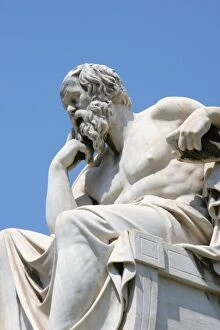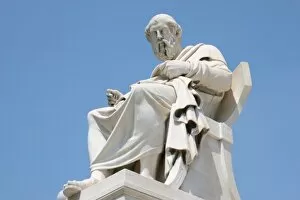Western Philosophy Collection
"Exploring the Minds of Western Philosophers: A Caricature Journey" In this captivating collection of caricatures
All Professionally Made to Order for Quick Shipping
"Exploring the Minds of Western Philosophers: A Caricature Journey" In this captivating collection of caricatures, we delve into the minds of some of the greatest thinkers in Western philosophy. Ludwig Wittgenstein's intense gaze reflects his deep contemplation on language and its limits, while David Hume's mischievous smile hints at his skepticism towards our understanding of reality. Socrates, with his iconic beard and thoughtful expression, invites us to question everything around us. Baruch Spinoza's serene countenance reveals his pursuit of a rational understanding of God and nature. Plato's wise eyes convey his belief in an ideal world beyond what is visible. Immanuel Kant's furrowed brow suggests the complexity behind his moral philosophy, as Friedrich Nietzsche’s piercing stare captures both his brilliance and controversial ideas that challenged traditional values. Aristotle’s dignified presence reminds us of his immense contributions to logic, ethics, and metaphysics. Rene Descartes' portrait portrays a man deeply engrossed in introspection as he seeks certainty through doubt. Marie-Jean de Condorcet Caritat exudes intellectual curiosity as she engages with various branches of knowledge fearlessly. Edmund Burke’s portrait depicts a statesman-philosopher whose conservative ideas shaped political thought during turbulent times. Lastly, Georg Hegel’s exaggerated features mirror the grandeur and intricacy found within his dialectical philosophy. These caricatures serve as windows into the diverse perspectives that have shaped Western philosophical discourse throughout history. Each philosopher represented here has left an indelible mark on human thought by challenging conventions, unraveling mysteries, and inspiring generations to ponder life's deepest questions. Join us on this visual journey through time as we celebrate these remarkable individuals who continue to ignite intellectual curiosity across cultures and generations alike.

